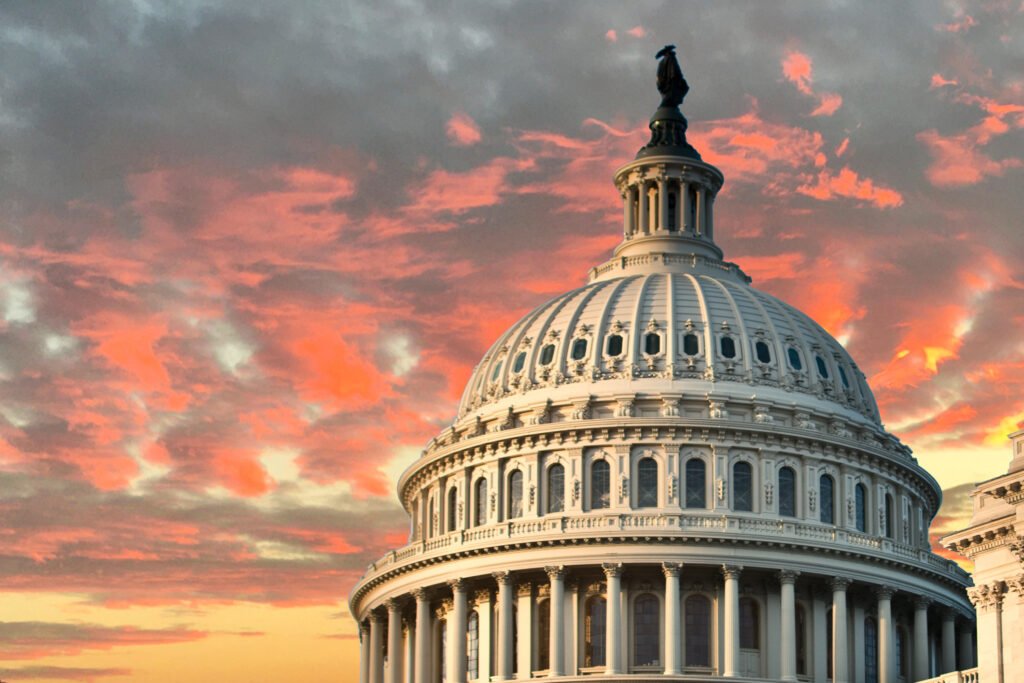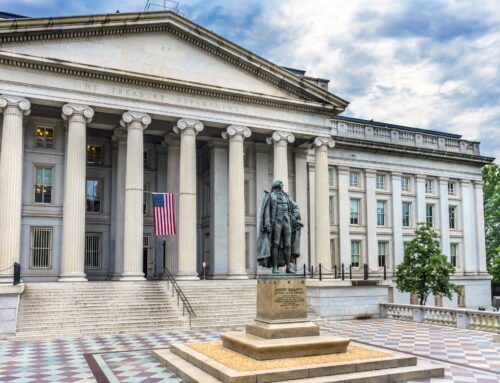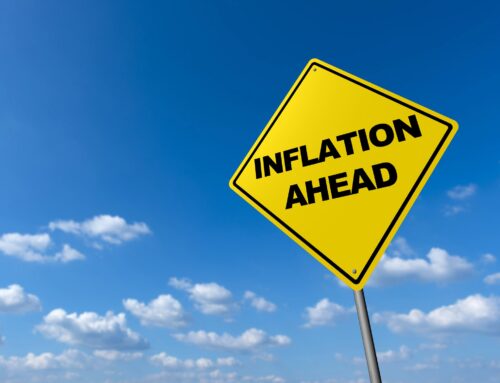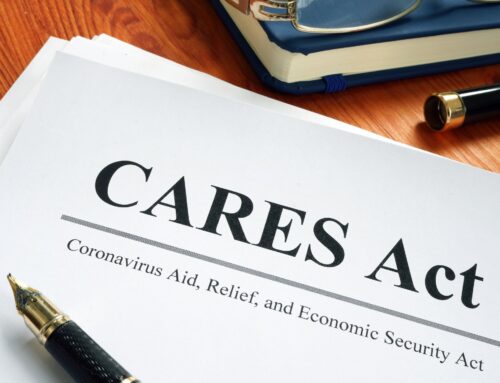
What is the Debt Ceiling?
The national debt ceiling is the amount of money that the United States Government is allowed to borrow to pay for its expenses. These expenses include things like Social Security and Medicare benefits, tax refunds, military salaries, and interest payments on outstanding debt the nation may have. The United States runs a budget deficit, meaning that the nation spends more than it earns through taxes and other means. To make up for that policy, the United States must borrow from other countries to cover its expenses.[1]
The country cannot borrow an unlimited amount of money, though. The debt ceiling is the limit on how much the country is allowed to borrow; it can be raised by Congress and has been raised over the course of many years. A contentious political climate, though, can make raising the debt ceiling difficult because of disagreements among policymakers on where funding should go.[2]
What Could it Mean for You?
Congress is regularly tasked with raising the debt ceiling. It’s happened in the past and will probably happen again in the future. Here’s what would happen if ever the debt ceiling wasn’t raised: If the country reaches the debt ceiling and is not allowed to borrow any more money, the United States would default on its loans. This would have large-scale negative consequences for consumers:
- Federal benefits like Medicare and Social Security would be frozen, meaning they would be delayed in paying out. The length of the delay would be unclear. Military and government-funded jobs would also likely see a freeze in pay.[3]
- A recession could occur. This would likely lead to job cuts and widespread unemployment.[4]
- Interest rates would rise. Interest rates already increased in the past year due to inflation-fighting Federal Reserve monetary policies, but a default would cause them to go even higher due to falling credit ratings and the global lack of confidence in the stability of the US economy. Even the average person’s interest rates on home loans, business loans, and credit cards are all tied to government bond rates. So, if the US defaulted, even the average American would notice a spike in the costs of borrowing money.[5]





